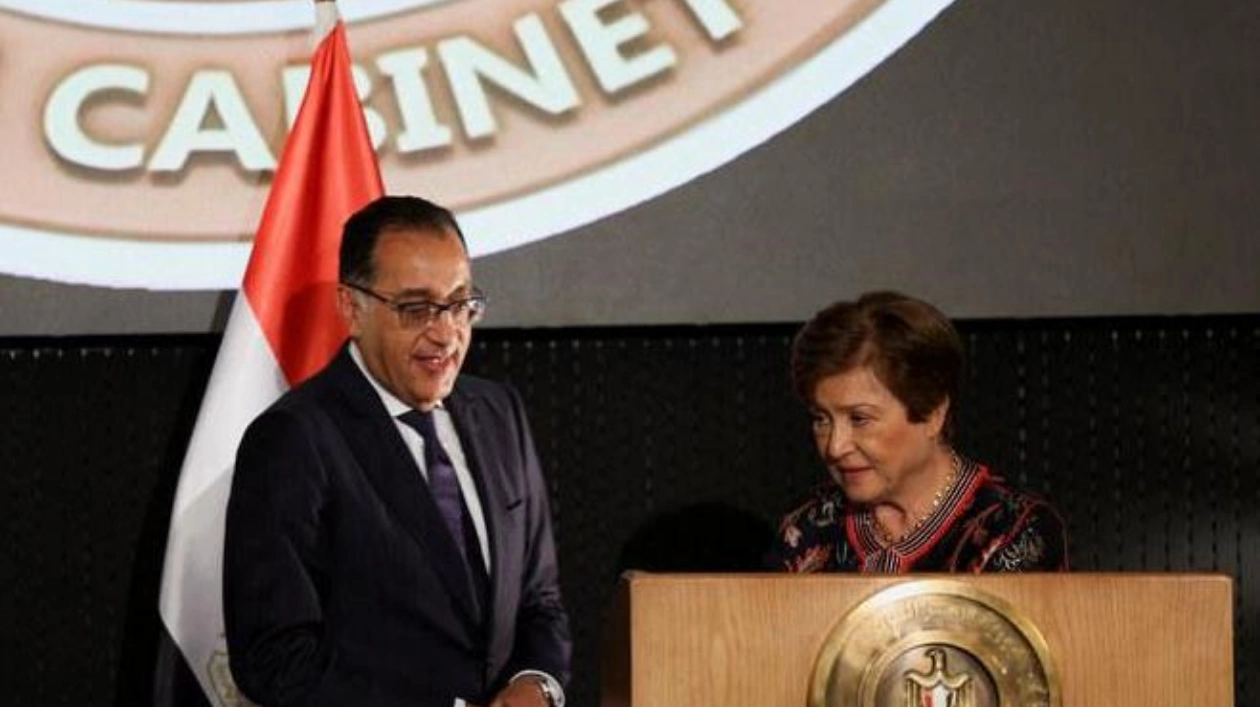Egypt has reached a staff-level agreement with the International Monetary Fund (IMF) that could unlock $1.2 billion in financial support under the Extended Fund Facility. The agreement, pending approval by the IMF’s Executive Board, comes as the country faces economic hurdles, including soaring inflation and reduced revenues.
The funding is critical to stabilizing Egypt’s economy, which has been hit by an $8 billion loss in Suez Canal revenues due to disrupted navigation. “Despite ongoing regional tensions, Egyptian authorities have worked to preserve macroeconomic stability,” said Ivanna Vladkova Hollar, head of the IMF mission to Egypt.
The agreement also recalibrates Egypt’s fiscal path to prioritize social spending, especially for vulnerable groups, while ensuring long-term debt sustainability. Reforms will focus on containing fiscal risks from state-owned enterprises in the energy sector and enforcing limits on public investment expenditures.
Egypt has committed to raising its tax-to-revenue ratio by 2% of GDP over the next two years, focusing on eliminating exemptions rather than increasing tax rates. Plans to streamline the tax system and boost domestic revenues are central to these reforms.
Hollar highlighted the need for a comprehensive reform package to enhance fiscal buffers, increase social spending, and improve the business environment. Accelerating Egypt’s divestment program is also critical to reducing the high debt burden and fostering private-sector development.
Fitch Ratings recently downgraded Egypt’s growth forecast to 3.87% for FY 2024/25, citing disruptions in Suez Canal navigation, but projects a rebound to 5.1% by FY 2025/26 as conditions stabilize.

